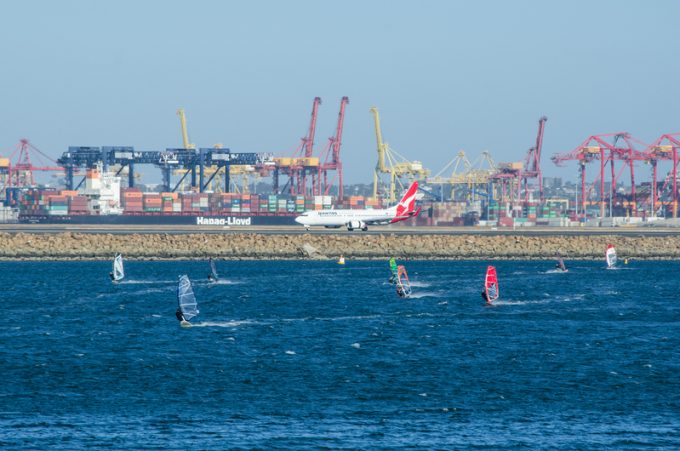Strikes end, but delays continue at Australian ports
Australian freight forwarder International Cargo Express (ICE) has warned of backlogs at Australian ports affected ...

Australian supply chains are still suffering widespread disruption from Covid-related staff shortages.
According to the Freight & Trade Alliance (F&TA), freight forwarders have reported surging airfreight volumes into Sydney and Melbourne, which, combined with high numbers of staff isolating, has resulted in congestion at both airports.
F&TA noted: “We understand the sudden influx of cargo flights with rapid antigen test kits and other medical equipment is proving to be problematic, particularly in Melbourne and Sydney. Numerous chartered cargo flights are arriving with ...
Volcanic disruption at Anchorage could hit transpacific airfreight operations
Macron calls for ‘suspension’ – CMA CGM's $20bn US investment in doubt
Forwarders stay cool as US 'liberation day' tariffs threaten 'global trade war'
Shippers snap up airfreight capacity to US ahead of tariff deadline
De minimis exemption on shipments from China to the US will end in May
Tighter EU import requirements proving 'a challenge' for forwarders
Looming Trump tariffs will create 'a bureaucratic monster' for Customs

Comment on this article